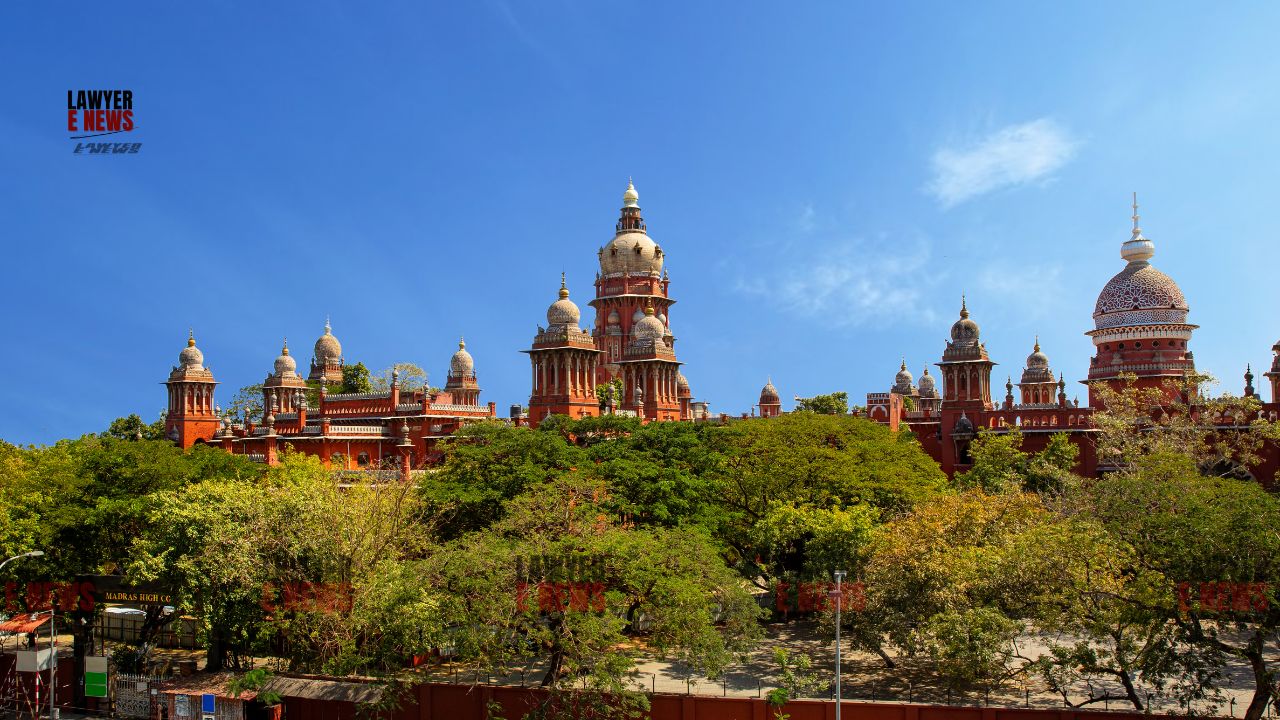-
by Admin
15 February 2026 5:35 AM



The High Court of Madras has directed the Authorisation Committee at Coimbatore Medical College Hospital to approve kidney transplants from unrelated donors, emphasizing the need for non-commercial and altruistic organ donations. This decision, delivered by Justice G.R. Swaminathan, mandates that hospitals facilitate such applications without unnecessary delays, ensuring that life-saving procedures are not hindered by bureaucratic inertia.
The case involved four writ petitions filed by patients suffering from renal failure who were undergoing regular dialysis at K.G. Hospital in Coimbatore. The donors, who were not near relatives, had volunteered to donate their kidneys. However, the hospital hesitated to forward the necessary documents to the Authorisation Committee due to concerns about potential legal repercussions if complications arose post-surgery.
Justice Swaminathan pointed out that the Transplantation of Human Organs and Tissues Act, 1994, as amended, allows for organ donation from unrelated donors provided there is no commercial transaction involved. The Act aims to regulate organ transplants and prevent commercial exploitation, emphasizing that genuine altruistic donations should not be obstructed.
The court clarified that the Authorisation Committee must process applications from donors and recipients directly, rather than through hospital intermediaries. This procedural change aims to reduce delays and ensure timely decision-making.
"The hospital cannot be treated as the proper channel for the purpose of submission of the application," Justice Swaminathan noted.
The judgment stressed that the Authorisation Committee should assess the nature of the donor-recipient relationship to ensure no commercial elements are involved. The committee is tasked with verifying the donor's altruistic intent, supported by documents and personal statements.
"Permission will be granted if the donation is out of love and affection and there is no financial transaction between recipient and donor," the court stated.
Justice Swaminathan also highlighted the importance of safeguarding the donor's health and well-being. The court suggested that recipients should take responsibility for the donor's post-operative care, including medical insurance and financial support for recovery.
"It is the duty of the recipient to take care of the post-operative requirements of the donor," Justice Swaminathan emphasized.
The court's decision drew on the principles of altruism and the need to prevent commercial exploitation in organ donations. By interpreting the statutory framework to prioritize genuine, non-commercial donations, the judgment aligns with the broader legislative intent to facilitate life-saving transplants while ensuring ethical compliance.
The High Court of Madras' directive is a significant step towards streamlining the approval process for kidney transplants from unrelated donors. This judgment not only addresses the procedural bottlenecks but also reinforces the ethical foundation of organ donation. By mandating timely approval and ensuring donor welfare, the court has paved the way for more efficient and compassionate healthcare delivery in critical transplant cases.
Date of Decision: May 30, 2024
